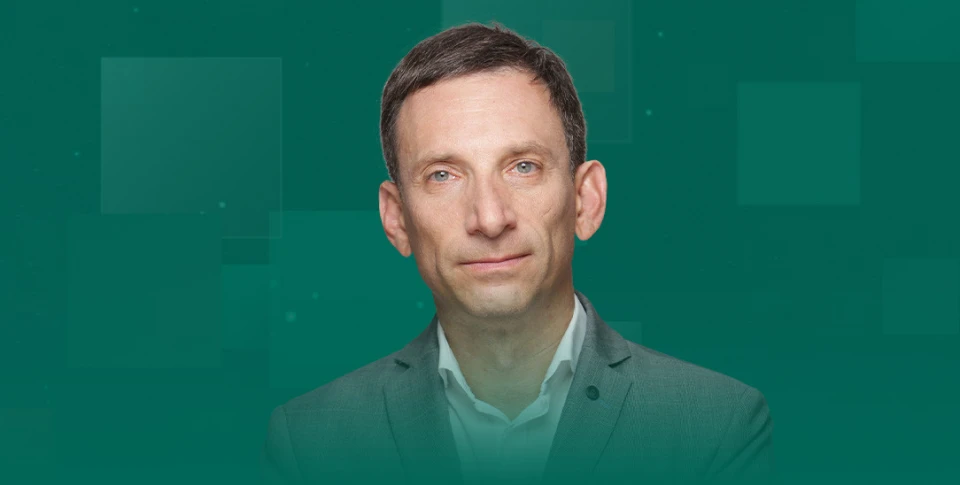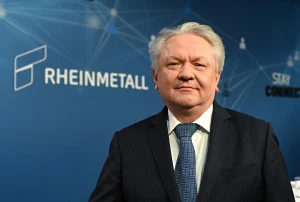
European troops in Ukraine: leaders determine risk level
The French outlet Le Monde reports that European leaders are holding confidential talks on deploying troops to Ukraine to help end the war
When French President Emmanuel Macron suggested the potential involvement of NATO member troops in the Russian-Ukrainian conflict on the second anniversary of Vladimir Putin's large-scale invasion of Ukraine, the proposal faced strong opposition from European countries and even the United States.
Few agreed on the necessity of such radical measures. However, the election of Donald Trump as President of the United States changed everything. Many still expect the newly elected U.S. president to negotiate with Russian President Vladimir Putin over the terms for ending the war in Ukraine. However, few can explain what leverage Donald Trump might have over Putin to persuade him to abandon his ambitious imperialistic goal of destroying Ukraine's sovereignty and annexing its territories to the Russian Federation.
Compared to his predecessor, Joe Biden, Donald Trump speaks a lot about the need to end Russia's war against Ukraine through negotiations with Putin. However, when it comes to the tools he has at his disposal, they don't differ much from those Joe Biden had. There's a possibility that Donald Trump's diplomatic efforts could result in a complete failure, and the new U.S. president might simply refuse further assistance to Ukraine, leading to a critical situation.
Right now, no one knows what American aid to Ukraine will look like, especially since mentions of this aid are virtually absent in the new U.S. budget. Speaker of the U.S. House of Representatives Mike Johnson, who is likely to be re-elected to this position in the new Congress, which will begin its work alongside Donald Trump's return to the White House, has already emphasized that he has no intentions of funding Ukraine.
The situation may change when Donald Trump realizes the reality of the situation he faces as President of the United States. This, of course, applies not only to Ukraine but also to other conflicts that will arise during his time in the Oval Office. However, there is hope that the new U.S. president will assess the situation realistically.
There is an understanding that Trump may simply lose interest in the Russian-Ukrainian war, seeing it as a conflict that won't allow him to position himself as a peacemaker and won't enhance his reputation as a strong leader.
And then, of course, the main burden of the problems could fall on Europe. This is why French President Emmanuel Macron and UK Prime Minister Keir Starmer are discussing the possibility of creating a core coalition to support Ukraine if Trump's United States simply abandons the role America has played in the civilized world since World War II. The likelihood of such a negative development is very high and poses a serious danger not only to Ukraine itself but also to those European countries that have continued to rely on the stabilizing role of the United States in the world. With Donald Trump now reappearing on the political stage surrounded by far-right politicians and supporters, these hopes for the near future may be lost.
However, the question arises of in what form the military forces of countries like France and the United Kingdom, specifically their ground forces, might appear on Ukrainian territory, and, most importantly, when they could appear. Will Paris and London agree to deploy their forces while the Russian-Ukrainian war is ongoing, or will they wait for a ceasefire to ensure they can act as guarantors that a new Russian attack on Ukrainian territory will not occur?
But then we find ourselves once again in the same trap that Vladimir Putin is carefully setting for Donald Trump: why stop the fire and end Russia's war against Ukraine if there won't be another chance to resume military action and ultimately destroy the state that Putin despises?
It is absolutely clear that Vladimir Putin would only be willing to cease fire if he believes he has a chance to soon launch a new, even more extensive war against Ukraine, one that would ultimately result in the complete destruction of Ukrainian statehood across the entire Ukrainian territory.
This is exactly what the West does not want to allow the Russian ruler to achieve. Yes, in the West, there is growing awareness that they might agree to Vladimir Putin's control over the territories currently occupied by the Russian army, as well as those it seeks to occupy until a possibility for ending the hostilities arises. However, neither France nor the United Kingdom would want to see the destruction of Ukraine's statehood, as it would be a devastating defeat not only for European countries but also for the United States.
Although it is clear that those around Donald Trump do not fully realize this due to the limited political views of the individuals who will accompany the new American president during his term, European leaders will, as they have in recent years, have to assess the level of risk. There is little sense in hoping that Putin will allow European forces to enter Ukraine's territory.
On the contrary, any decision to cease fire would likely be accompanied not only by Ukraine's refusal to join NATO but also by guarantees from NATO member countries that no military personnel from these countries would ever be present on Ukrainian soil.
Undoubtedly, Putin will insist on such an option. If we take into account what Putin desires, then, of course, no European troops will be on Ukrainian soil, and Ukraine will not join NATO. A new, even more large-scale and devastating Russian-Ukrainian war will follow. Therefore, European leaders, as well as leaders of the collective West, need to either risk a real conflict with Vladimir Putin or stop complicating matters for both themselves and for us.
About the author. Vitaliy Portnikov, journalist, Shevchenko National Prize winner
The editors do not always share the opinions expressed by the blog authors.
- News













































